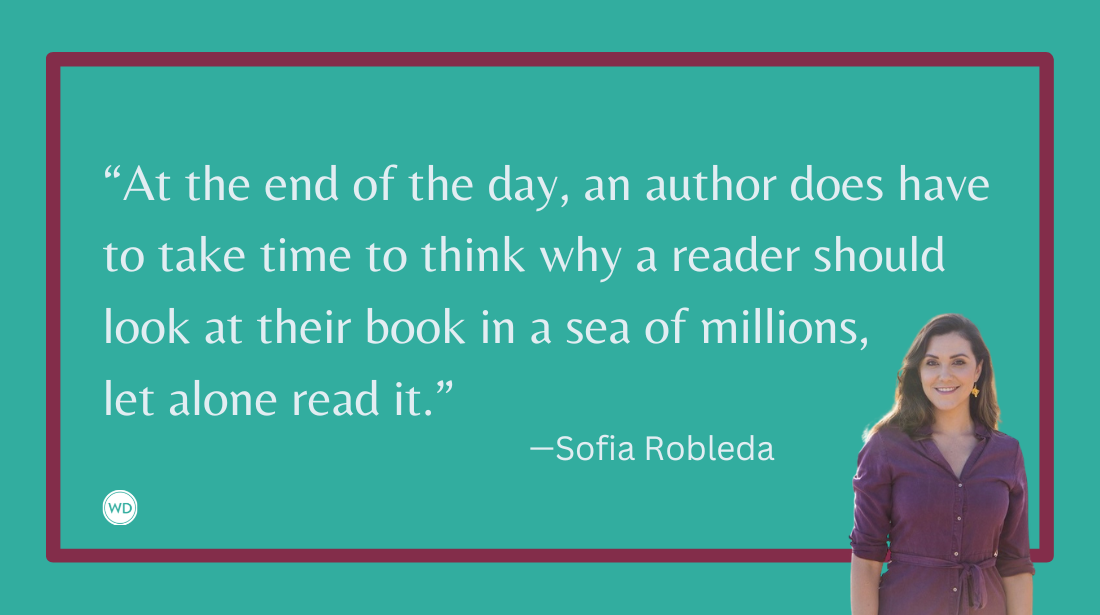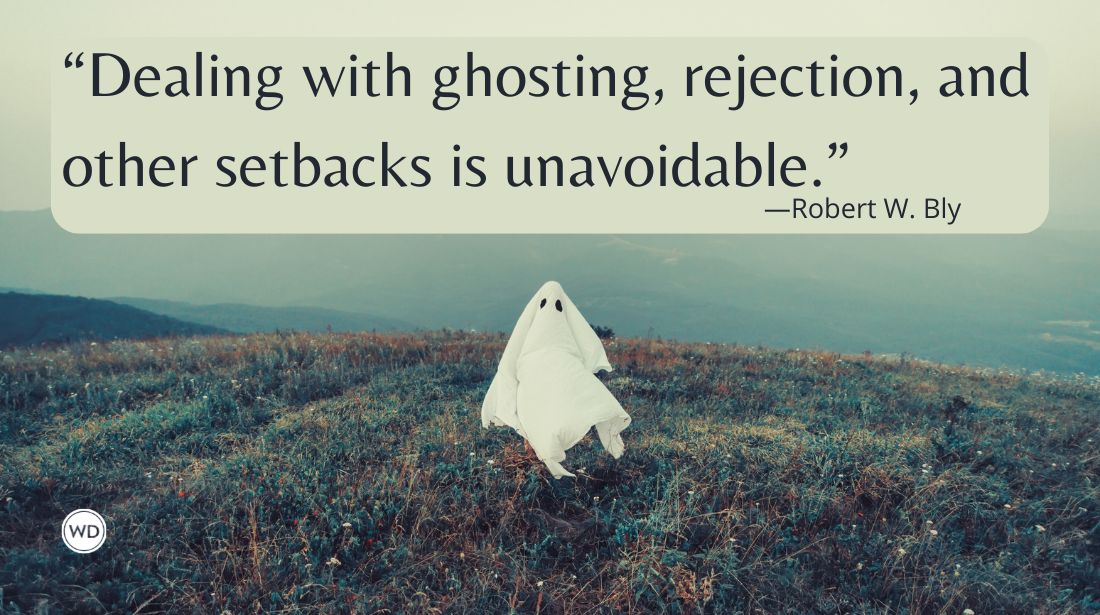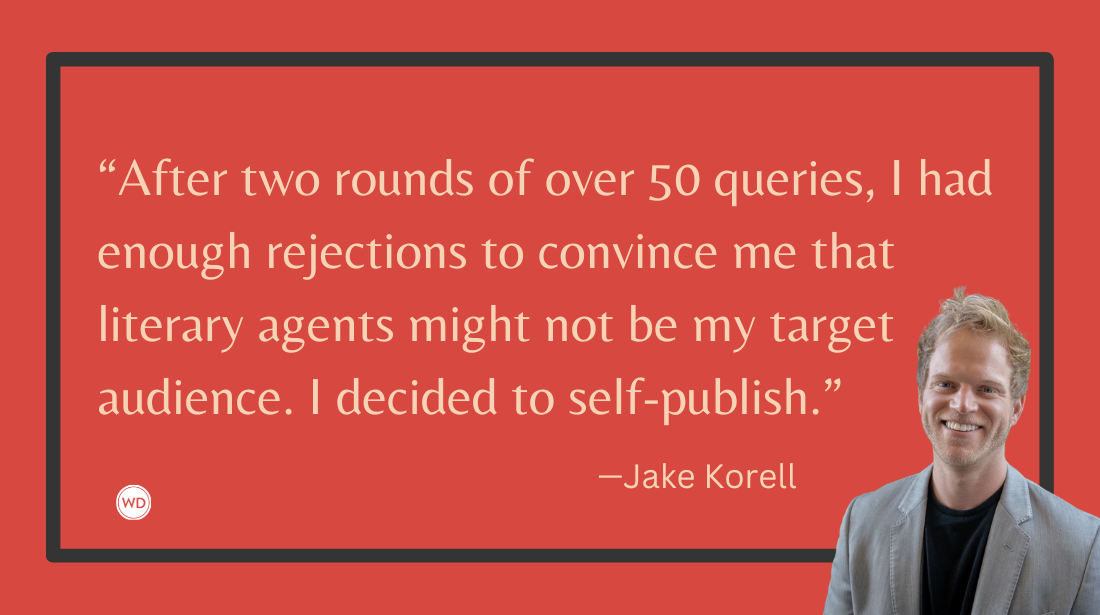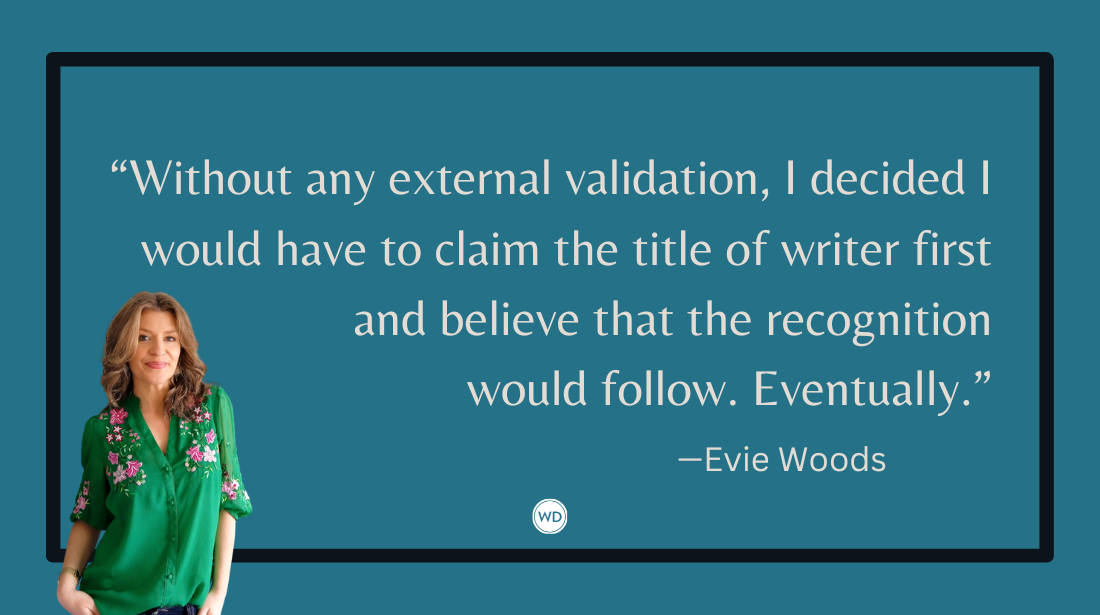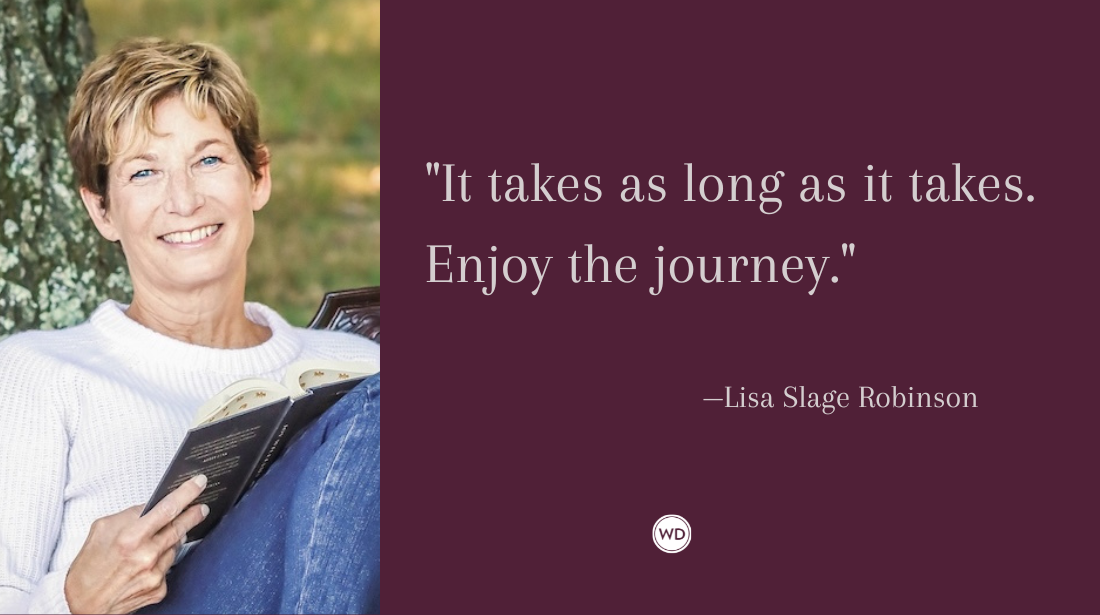Do You Have What Publishers Really Want?
What publishers seek in an aspiring author doesn’t only involve your book idea or even your writing. Writing coach Nina Amir explains how writers can be sure that they have what publishers really want.
If you are a writer who dreams of landing a traditional publishing deal, you might have a nagging question in your mind. It’s probably phrased something like, “Is my book idea what a publisher wants?”
In fact, a better question to ask yourself is, “Do I have what publishers really want?” What publishers seek in an aspiring author doesn’t only involve your book idea or even your writing. These are a big part of what they consider in their decision-making process, but they are not the only things.
Understanding the Makings of a Traditional Publishing Deal
To understand what a publisher seeks in an author, you first must understand the traditional publishing deal. At a basic level, it’s a business deal. You might even call it a financial deal.
Look at it this way: You have a product you want to bring to market—a book. You want someone to finance the creation and production of that product. So, you go looking for an appropriate venture capital partner—a publisher.
The publisher, on the other hand, seeks someone with a viable, meaning marketable, product who will be a good business partner. A good business partner, in this case, is someone who can complete the creative end of the production process—write the book—but who can also help the product succeed—sell the book.
To land the deal, you give the potential venture capital partner a business plan, in this case, a book proposal, for your product. He evaluates it. If he finds it to be a sound investment, he offers you a contract. If you like the terms of the contract, you sign it, and the two of you go into business together.
The 7 Things a Publisher Considers
Given this rather simplistic view of how you become a traditionally published author, let’s take a look at what a publisher, or rather the acquisitions editor and the whole pub board at a publishing house, consider when they examine your business plan.
- Your idea. You must have a good idea or story, which means one that is unique and necessary in its category.
- Your book’s market. The market analysis must indicate the potential for great reader interest, therefore, large sales.
- Your book’s competition: Similar books in your category must show a proven track record of high sales.
- Your credentials and author platform: Your bio and your pre-promotion of yourself and the book must show that you have the ability to help sell the book once it is released. In other words, you just have a proven ability to write or expert status plus a large, built-in readership, known as platform, for your book in its target market.
- Your promotion plan: You must show a concrete plan to use your author platform to sell books in a variety of ways upon release, not only for a month but for 3-12 months and beyond. The more creative and extensive the plan, the better.
- Your plans to write more books: Publishers seek multiple-book authors because the more books authors write, the more books they sell. Additionally, they prefer to invest in authors who will continue to produce products for the company or who have ideas for how to brand themselves by writing more books.
- The manuscript or sample chapters: Your writing must prove you can produce a quality product with the potential to sell.
Publishers Want Business Partners
If you look over this list, you’ll notice that of the seven items evaluated by the publisher, only four (1, 2, 3, and 7) pertain directly to your book. The other three (4, 5, and 6) pertain to you and your ability to be a good business partner. In fact, if you write a great business plan that proves you have a marketable idea and that you can produce a great product, which involves numbers 1, 2, 3, and 7, you also demonstrate your business acumen. (All seven of these items actually should be included in a book proposal.)
And that’s what publishers really want. They want to find aspiring authors who are good business people. That means that if you want to land a traditional publishing deal, you must prove to the publisher you, and your book idea, are a good financial risk. Even if you write fiction, you increase your likelihood of becoming traditionally published if you prove your business savvy.
As you write your business plan for your book—your book proposal, keep that in mind. Produce a document that convinces a venture capital partner you are a worthy business partner with a viable product, as well as a creative idea, and you might find yourself with a contract faster than you thought possible.
And that nagging question? It will disappear because by producing a business plan for your book you’ll have done the work to prove your idea is, indeed, one publishers want.
Nina Amir is known as the Inspiration to Creation Coach. As one of 800 elite Certified High Performance Coaches working around the world—the only one working with writers, she helps her clients Achieve More Inspired Results. She helps all types of creators get from the light-bulb moment to the realization of their dreams without letting anything get in the way of that goal.
Nina is also an Author Coach who supports writers on the journey to successful authorship. She has authored three traditionally published books for aspiring authors, How to Blog a Book, The Author Training Manual, and Creative Visualization for Writers, as well as a host of self-published books and ebooks, including the Write Nonfiction NOW! series of guides. She has had 19 books appear on the Amazon Top 100 List and as many as six of her books on the Authorship bestseller list at the same time.
Nina is the founder of the Nonfiction Writers’ University, the Write Nonfiction in November Challenge, and the Author of Change Transformational Programs. She also created a proprietary Author Training curriculum and Author Career Planning program.
For more information, visit NinaAmir.com or BooksByNinaAmir.com.





